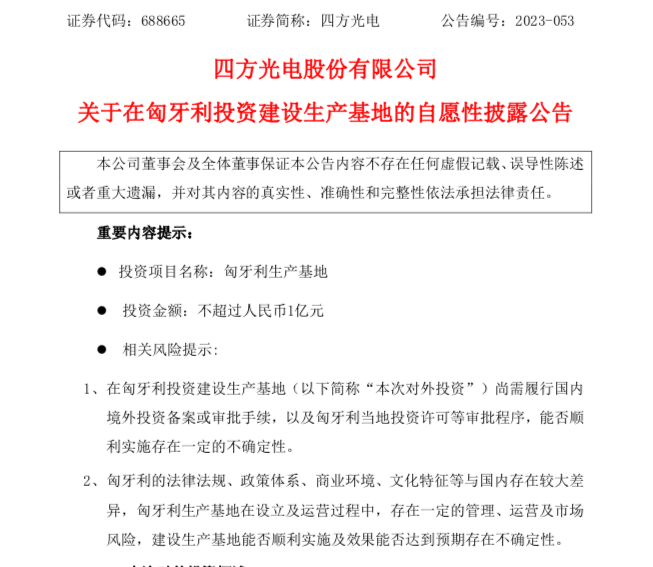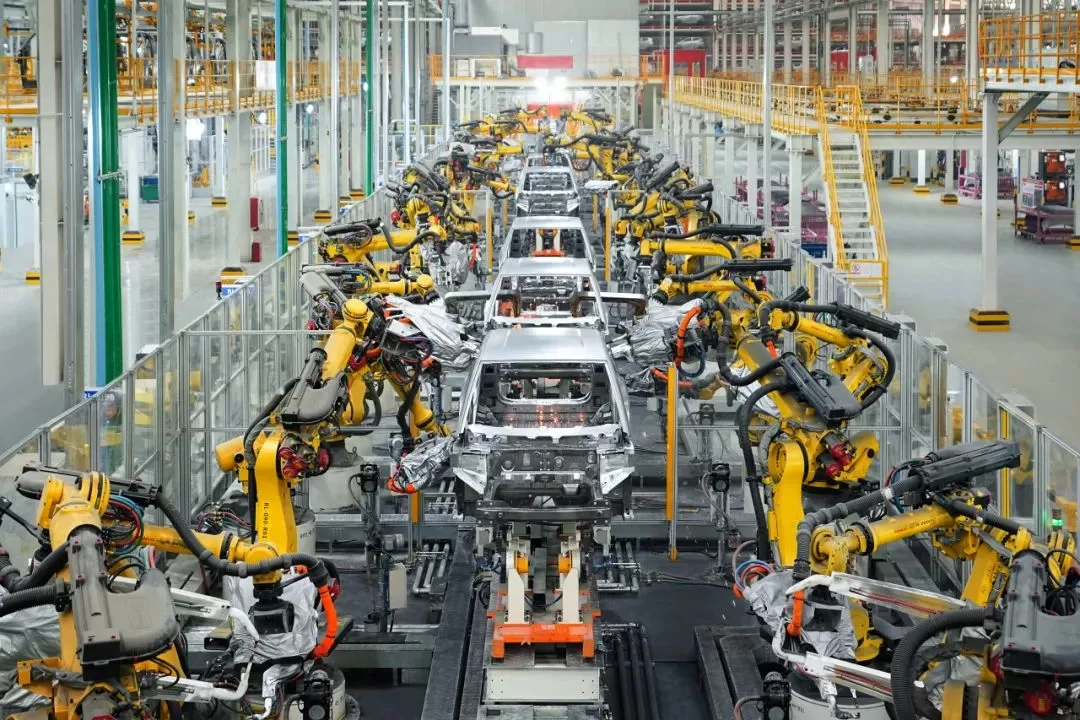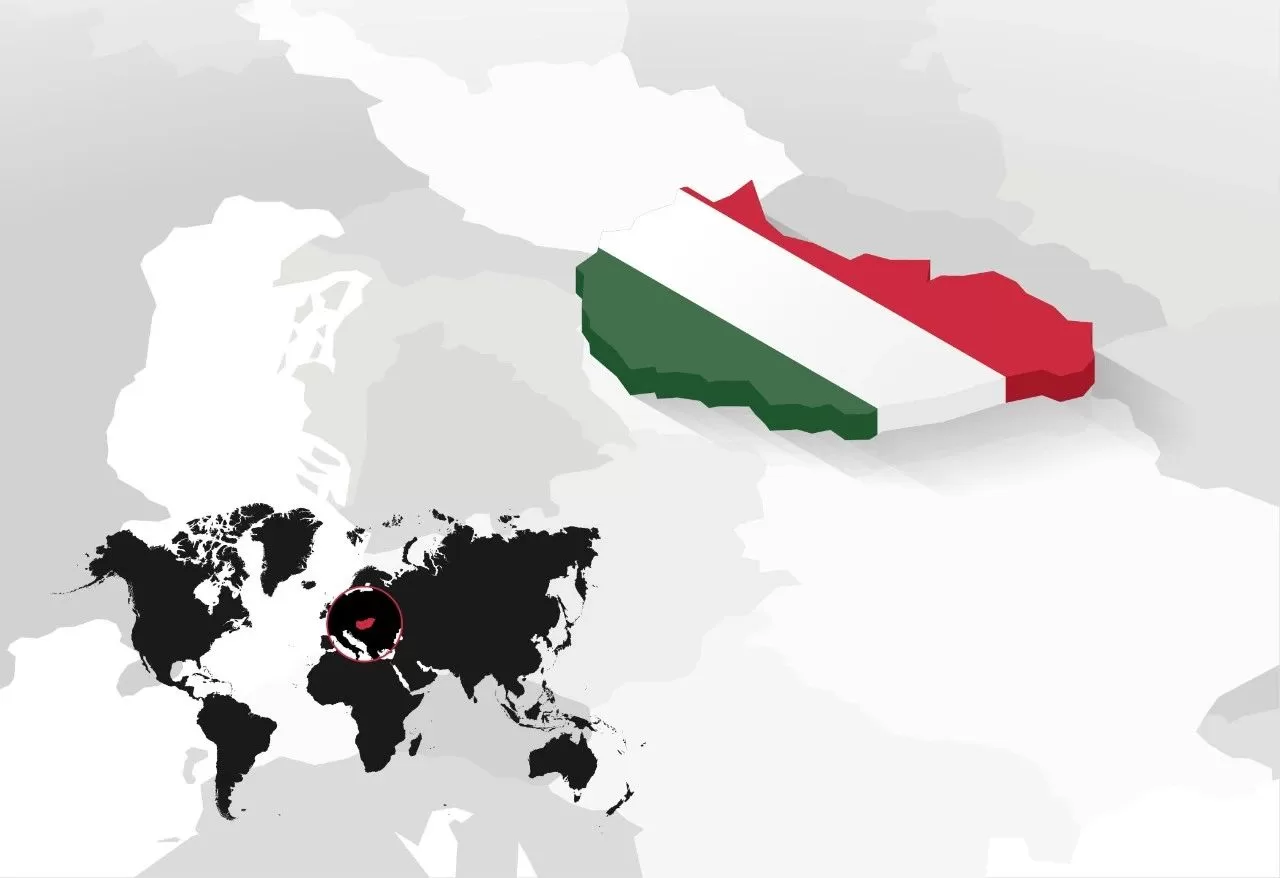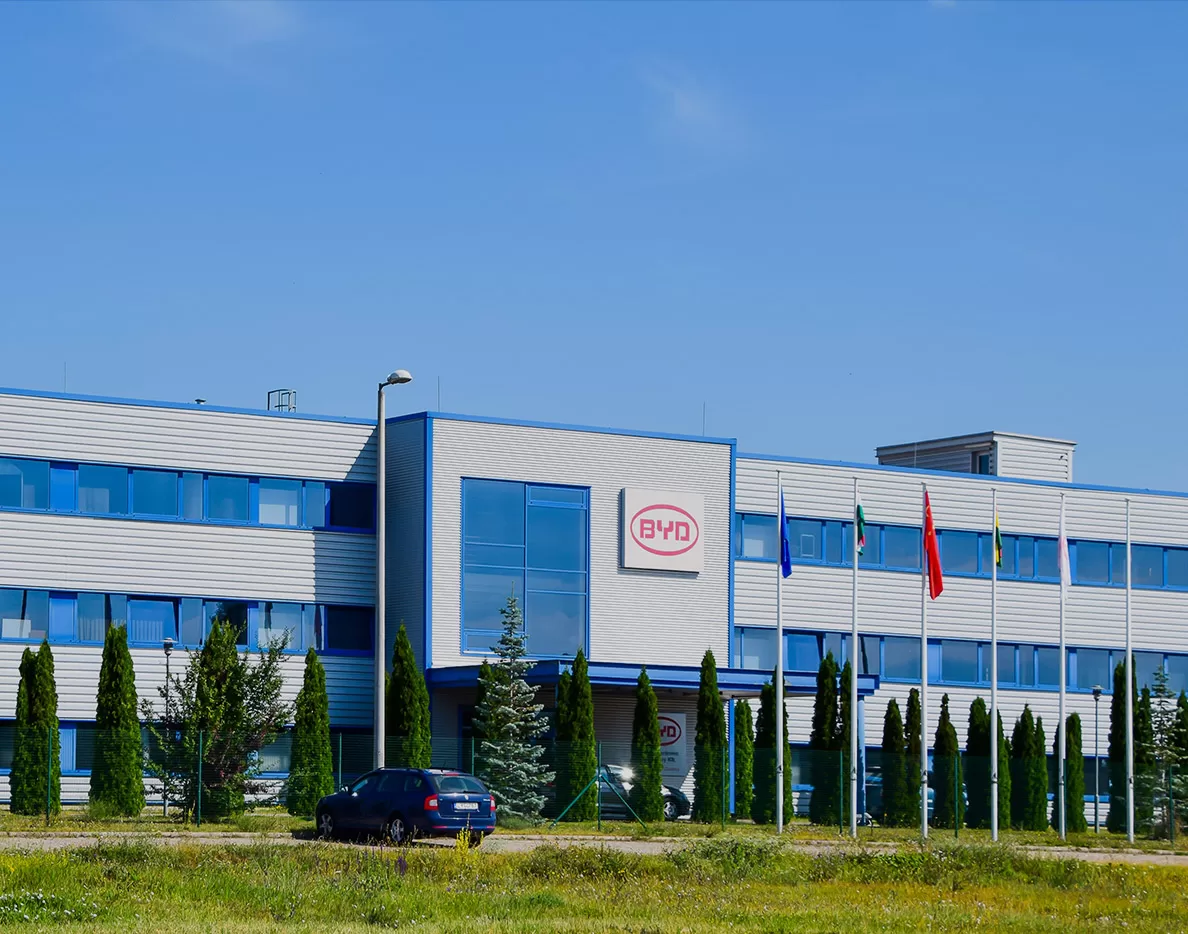After CATL and BYD, Sinopec also went to build a factory. Hungary is so “sweet”? Sinopec announced that it plans to establish Sinopec Optoelectronics Co., Ltd. in Hungary through its wholly-owned subsidiary, Sinopec Optoelectronics Limited, as an investment path, to provide localized production and supply of gas sensors for the company’s European customer base.

The announcement indicates that the investment project is named “Hungary Gas Sensor Production Base,” located in Budapest, Hungary, with an investment amount not exceeding 100 million RMB. The main content of the project is to build a gas sensor production factory, with funds mainly used for factory purchase/lease, factory renovation, and equipment procurement. It is reported that Sifang Optoelectronics plans to use its wholly-owned subsidiary, Sifang Hungary, which is 100% owned by Hong Kong Sifang, as the main body of the gas sensor production base. After the establishment of Sifang Hungary, Sifang Optoelectronics will gradually build the Hungary gas sensor production base in stages based on the company’s production capacity planning, downstream market demand, and project construction funding. In recent years, Sifang Optoelectronics has been continuously strengthening its automotive sensor business, successfully entering the automotive sensor field and maintaining high growth. In 2022, Sifang Optoelectronics’ automotive sensor business sales revenue increased by 110.66% year-on-year. This time, Sifang Optoelectronics’ investment in Hungary to build a production base aims to create overseas supply capabilities and reach a large number of company customers and potential customers in the European region. In fact, not only Sifang Optoelectronics, but many Chinese companies have previously made local layouts in Hungary in the automotive field, especially in the field of electric vehicles, including electric vehicle manufacturers and power battery manufacturers. On December 22, BYD announced the construction of a new energy vehicle complete vehicle production base in Szekesfehervar, Hungary. The base will be built in stages. According to the Financial Times, the factory is expected to be close to the Belgrade-Budapest railway line jointly built by Chinese and local companies.

Before, Great Wall Motors was reportedly also looking for a suitable location for its new European car manufacturing plant. In addition to Germany, Hungary and the Czech Republic are also on the list of candidates. In July last year, NIO announced that it would invest in building its first overseas factory in Hungary, mainly for the production of battery swap stations for electric vehicles. As for battery manufacturers, in November of this year, the chairman of EVE Energy, Liu Jincheng, revealed at the 8th International Power Battery Summit that EVE Energy had started construction of a battery factory in Debrecen, Hungary. According to news in May of this year, EVE Energy will invest approximately 1 billion euros to build the factory, with a planned capacity of 28GWh, to provide large cylindrical batteries for the BMW New Class series. In August, Xinwanda announced that its subsidiary, Xinwanda Power Technology Co., Ltd., will invest a total of approximately 1.9 billion RMB in Hungary to build the first phase of a new energy vehicle power battery manufacturing plant.

In September last year, power battery manufacturer CATL announced the launch of a factory project in Hungary, with a planned capacity of 100GWh, to produce electric vehicle battery cells and module products for European car manufacturers. Earlier this year, CATL successfully completed the application approval in Debrecen, the second largest city in Hungary, to build a battery manufacturing plant in the industrial area, which will be CATL’s second production base in Europe after Germany. In addition, many companies in the upstream material end, equipment end, and downstream battery recycling end have also laid out in Hungary. So the question is, why have these companies chosen Hungary? Previously, the CEO of GAC Group, Zhou Xiaoying, mentioned the following points in relevant reports: First, the Hungarian government has expressed an extremely friendly and open attitude towards Chinese companies and an efficient and flexible way of operating, which is not common in Europe at present. Hungary provides Chinese companies with predictability in terms of policies and business environment. It was the first country in Europe to sign a memorandum of understanding on cooperation with China’s “Belt and Road” initiative, giving Chinese enterprises many substantial preferential policies for investment. Second, in addition to Germany and China, Hungary is the only country in the world that is home to all three major German car manufacturers, namely Audi, Mercedes, and BMW. This is one of the main reasons why Chinese battery factories are moving to Hungary, as it allows for close customer service. Third, Hungary is an important part of the Central European automotive industry cluster and has the largest Chinese community in the Central European region. In recent years, many important Chinese companies have chosen to establish businesses here. Once an industry cluster is formed, the snowball effect will continue to grow. Fourth, as a member of the European Union, Hungary has relatively low personnel and operating costs. At the same time, Hungary also has a strong industrial base, especially in commercial vehicles and construction machinery, with a long history. From the perspective of companies, the reasons are indeed nothing more than the above. BYD mentioned when announcing the factory plan that Hungary is located in the heart of the European continent, is an important transportation hub in Europe, and has a long history of development in the automotive industry, with developed infrastructure and a mature automotive industry base, providing a good opportunity for BYD to build a factory there.

Michael Shu, CEO of BYD Europe, expressed earlier this year the company’s ambition to become the largest electric vehicle seller in Europe and to occupy one-tenth of the region’s pure electric vehicle sales by the end of 2030. BYD already has a bus production base in Hungary and aims to establish a complete and mature car production base to achieve its ambition of dominating the European electric vehicle industry by the end of 2030. Four-Faith Photonics also pointed out in the announcement that Hungary is a crucial location for China’s “Belt and Road” initiative, with its advantageous geographical position, well-developed infrastructure, high labor cost-effectiveness, and a favorable investment environment. Investing in and building a production base in Hungary can enhance the company’s overseas supply capability, reach a large number of corporate customers and potential customers in the European region, and improve the company’s response speed to European customer demands, better meeting orders and needs in the European region. In conclusion, many Chinese companies choose Hungary as an important strategic location to expand their overseas market and fill the production capacity gap in the European region. However, it is important to note that challenges such as geopolitical factors, construction costs, and high-end talent resources still exist, and relevant companies need to make preparations in many aspects.